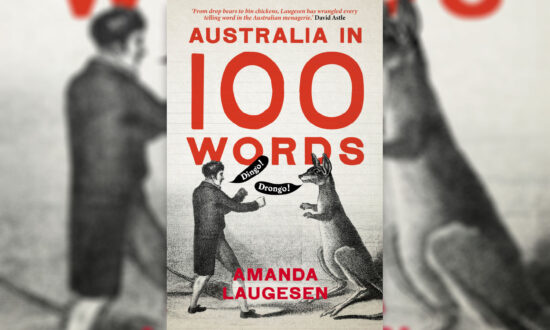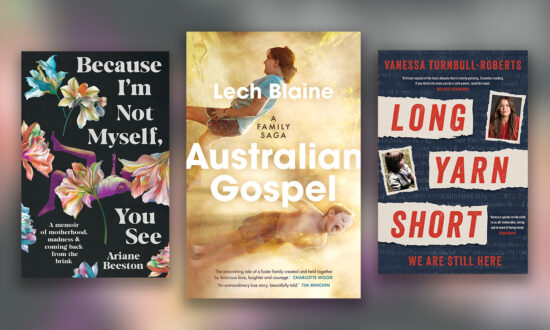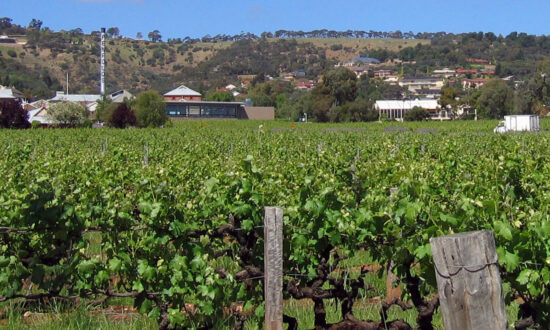In times of dramatic political upheaval and dysfunction – the uprooting of established cultural habits, existential threats, and human-induced destruction either experienced or borne witness to on a shocking scale – thoughts of the future tend to weigh especially heavy.
Enter FUTURES, this new anthology of short fiction, which asked established and emerging Australian writers “to consider any kind of future they liked – it could be minutes from now, or centuries – and write a story that had, at least, a flicker of hope”.
Hope can be a complicated and sometimes controversial concept, evoking empty platitudes about better times ahead in place of concrete change made manifest in the present.
But here, hope emerges as akin to the Heart’s Lament of Abby Guy’s opening piece, “which beats at all hours. Pushes the blood hither and to. Never rests, never pauses, never falters out of rhythm”. Or “something else, something deeper; the rumbling bass of the sea” in Naming Rites by Brooke Maddison. Hope and heart are “the origin story” of our embedded capacity for carrying on, which is less banal platitude about staying positive and more a reflection on the inescapability (and interconnectedness) of existence.
The book’s first section on FUTURES / NEAR gives us writing that is introspective and often poetic; sharply personal and small-scale in its focus. This is work which most immediately evokes a kind of uncanny realism, tracing familiar situations or states of mind and injecting them with new, surprising, and sometimes twisted resonance.
In FUTURES / FAR we find more traditional tales of speculative fiction, often echoing with effective twists on established, apocalyptic genre narratives. Cormac McCarthy’s The Road, for instance, is retrodden in Path to the Sea by Kate Pozzobon: but with a woman – not father – figuring as protector for the child who accompanies her. Two women find unexpected companionship amid the ruins of a world where “people are eating each other” in Riana Kinlough’s The Compound, while The Eater by Alex Cothren confronts rising anxieties around growing global wealth inequality and the overconsuming habits of an oblivious upper class, made possible by the exploitation of service workers both figuratively and, here, literally hidden away below.
So much of this material is politically substantive – and refreshingly so – without being didactic. Andrew Roff’s Flûttr is another example: invoking common moral panics that surface regarding video games, social media and the general digitisation of our communal life, it does not demonise these modes of communication themselves but instead puts a welcome emphasis on the ways we have become fundamentally depoliticised – whether online, or in “meatspace” where “matter is immutable”.

Get InReview in your inbox – free each Saturday. Local arts and culture – covered.
Thanks for signing up to the InReview newsletter.
Indeed, corporeality is a recurring theme of the collection, tracing a transhumanist concern with our material conditions of possibility, whether environmental or economic. Toward the end, Gay Lynch describes a future where rampant virus mutation has meant the end of human-performed medical procedures. Titled Autopsy: To See Oneself, it captures the overall aim and demand of the volume: for us to pick apart the body and organs, the brain and heart of a dysfunctional world, and perceive the almost infinite futures laid before us. And to choose.
Anthology, edited by Lynette Washington, is published by Glimmer Press.
Support local arts journalism
Your support will help us continue the important work of InReview in publishing free professional journalism that celebrates, interrogates and amplifies arts and culture in South Australia.
Donate Here




